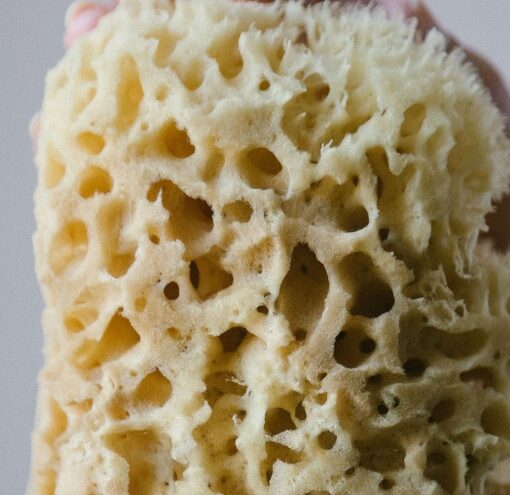It’s generally accepted that the normal aging process includes stiff joints and sore muscles. While exercise, stretching, hot/cold packs, and chiropractic care are commonly used tools for the non-pharmaceutical management of joint pain, there’s a growing body of research suggesting that dietary approaches to reduce inflammation may be just as important.
The following list of foods and food additives can promote inflammation and should be avoided as much as possible:
- Sugar: Though it can be a challenge to resist the temptation of desserts, sodas, and some fruit juices, processed sugars trigger the release of inflammatory messengers called cytokines. But beware, the word “sugar” is camouflaged on many food labels, so watch for any word ending with “-ose”, such as glucose, fructose, and sucrose.
- Saturated Fats: Studies show that saturated fats trigger adipose inflammation, which worsens arthritis and contributes to heart disease. Saturated fats are commonly found in pizza, cheese, red meat, full-dairy products, pasta dishes, and grain-based desserts.
- Trans Fats: Since the early 1990s, researchers have warned us about trans fats triggering systemic inflammation. Fast foods and other fried products, processed snacks, frozen breakfast foods, cookies, donuts, crackers, and most margarines are popular culprits. Avoid foods containing partially hydrogenated oils listed in the ingredients.
- Omega-6 Fatty Acids: Even though we do need SOME of these fats in our diet, a balance favoring omega-3 fatty acids is important. Omega-6 fatty acids can be found in certain oils (corn, safflower, sunflower, grapeseed, soy, peanut, and vegetable), in mayonnaise, and many salad dressings.
- Refined Carbohydrates: This list includes white flour products including breads, rolls, crackers, white rice, white potatoes (instant mashed or French fries); and many cereals. Refined carbs are widely believed to be a major contributor to obesity, which increases inflammation in the body.
- MSG (mono-sodium glutamate) is commonly found in foods that utilize soy sauce. It can also be added to many fast foods, soups, salad dressings, and deli meats to enhance flavor.
- Gluten: Gluten sensitivity is a common health problem that causes joint pain and gut trouble. Gluten is found in wheat, barley, and rye. In those with gluten intolerance or Celiac disease, complete avoidance is necessary as gluten sets off an autoimmune response that damages the small intestine over time resulting in malabsorption of nutrients.
- Aspartame: This artificial sweetener can trigger an autoimmune response in some individuals, resulting in inflammatory joint pain.
- Alcohol: Excess intake can damage the liver, which interferes with many important metabolic functions resulting in inflammation.
On the other hand, a diet like the Mediterranean diet that focuses on eating fruits, vegetables, nuts, fish, olive oil, and whole grains while avoiding red and processed meats, dairy, saturated fats, and refined sugars, has been shown to reduce inflammation and reduce the risk for many chronic diseases and promote weight loss. If you have any questions on dietary approaches to reduce inflammation and fight joint pain, don’t hesitate to ask your doctor of chiropractic at your next visit.




